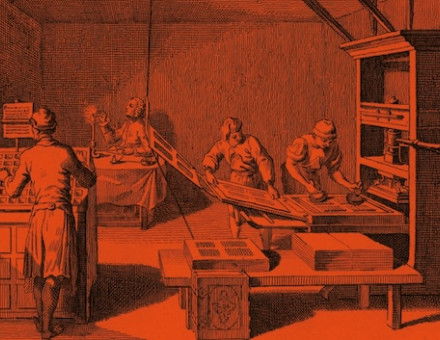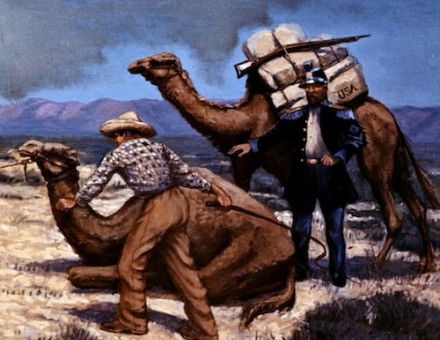Indochine
David Nicholls explains what is not included in a modern French film looking at love, betrayal and anti-colonialism in 1930s South East Asia.
In the early 1990s two inter-related phenomena became visible in French culture. On the one hand, a handful of films and rather more books indicated a renewed fascination with the époque of French colonialism in Indochina, principally in Vietnam. Renewed interest in a largely forgotten colonial conflict was pushed into the public domain by controversial revelations about captured French soldiers who had joined the Viet Minh during the war of 1946-54. Old wounds were reopened and revealed to be still festering.
Popular memory of the Indochinese war had been overlaid for many years by the far greater national traumas of the Algerian war of independence. The domestic repercussions of the Algerian conflict had been immeasurably greater: Indochina had overturned no domestic governments, let alone a Republic; no conscript soldiers had been sent there; there was no massive number of Europeans to be repatriated; and the conflict had had no violent side effects in France itself. Opposition to the American war in Vietnam had pushed France's role in the 'Thirty Years' War' in Indochina into the background.





